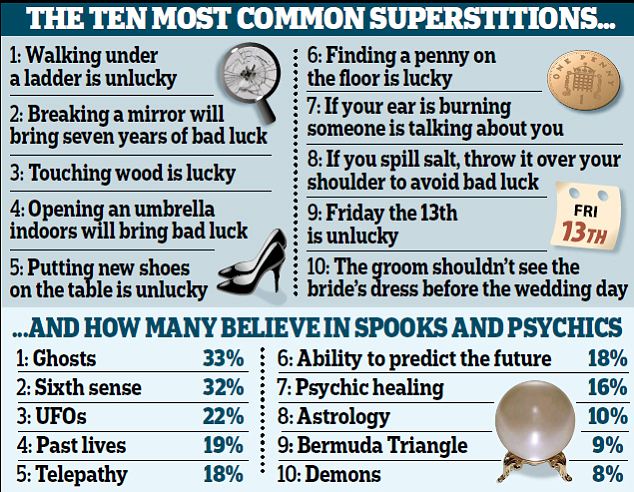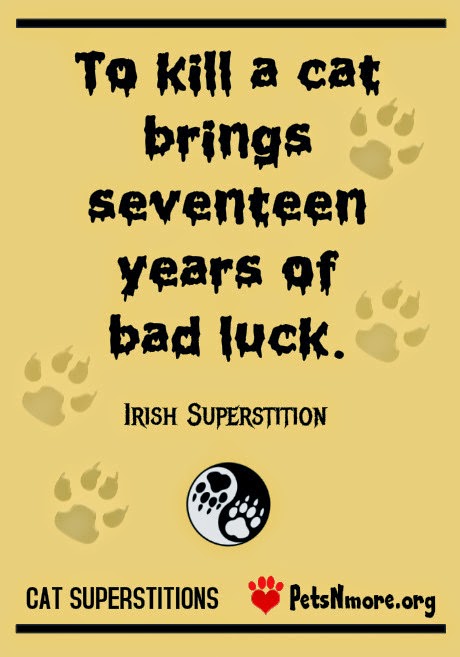Common British superstitions – brush up on your knowledge of the First Conditional
Are you a superstitious person? Do you think number 13 is an unlucky number? Read our article and find out the top 10 common British superstitions and practise the First Conditional in a fun way!
Superstition can be defined as ”irrational beliefs, especially with regard to unknown”.
- 5.8 million Brits admit to being superstitious
- Seven is Britain’s luckiest number – David Beckham, plays in a number seven shirt and even gave his daughter the middle name Seven, counted among them.
- Biggest superstition is a fear of walking under ladders – one in six superstitious British people refuse to walk under ladders
- Over 800,000 people have lucky underpants
Thirteen
Three
Eight
Five
According to the national survey, over 4.3 million people believed that having a lucky number brought them good fortune. And in spite of the popular thinking that the number 13 is the unluckiest of all, in the survey, it came out as the second luckiest.


Match these superstitions to the right endings ( the First Conditional quick revision):
1. If you open an umbrella inside the house,
2. If you walk under a ladder,
3. If a girl catches the bride’s boquet after the wedding,
4. If you open an umbrella in fine weather,
5. If you break a mirror,
6. If you catch a falling leaf in autumn,
7. If you find a four-leaf clover/shamrock,
8. If the palm of your righ hand is itchy,
9. If the palm of your left hand is itchy,
a) you will have bad luck for for seven years.
b) it will bring rain.
c) you will have good luck
d) you will lose some money
e) it will bring misfortune for the household
f) you will have good luck
g) you will have bad luck
h) you will get some money
i) she will be the next to marry
Write about some superstitions from your own country.


No Comments